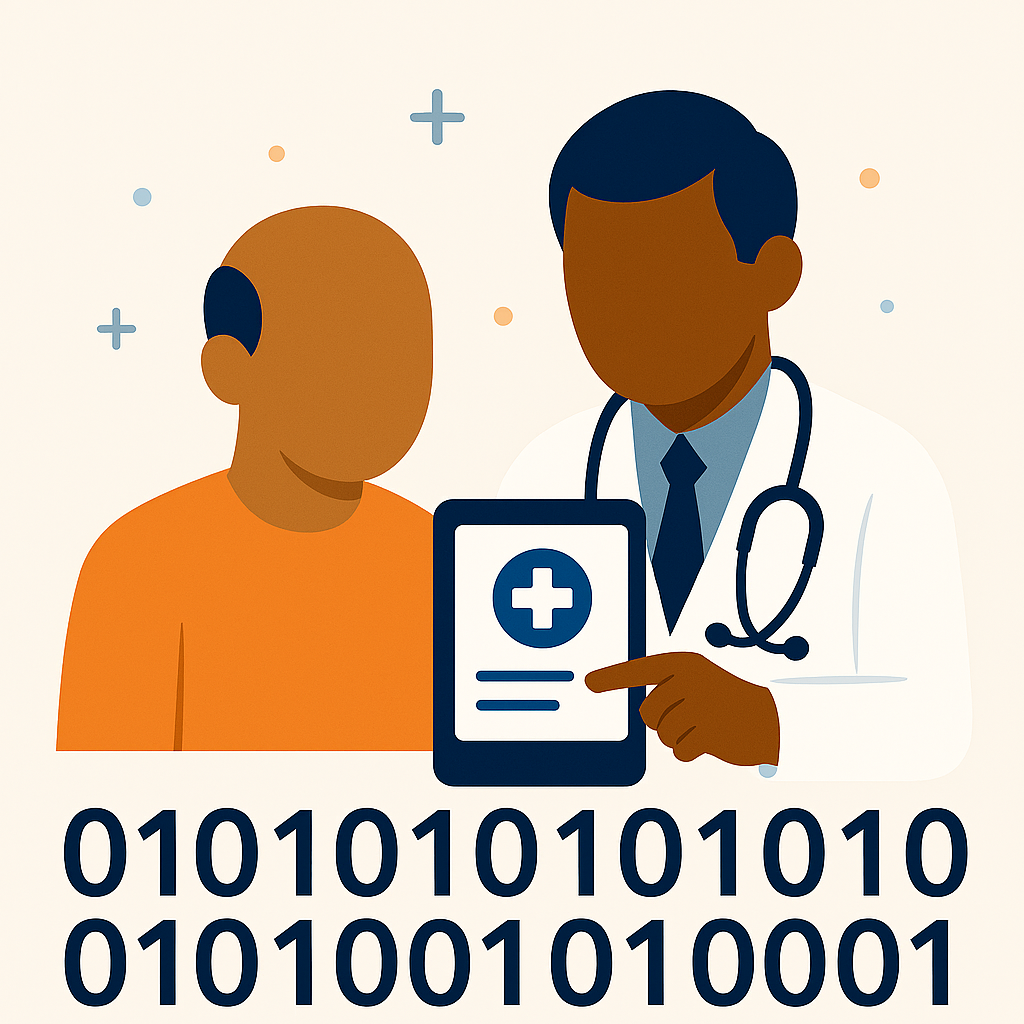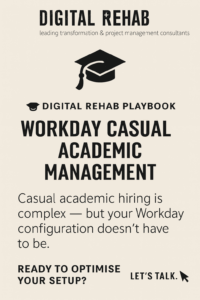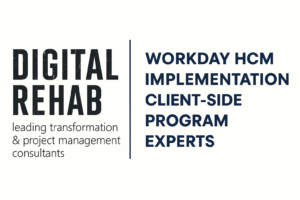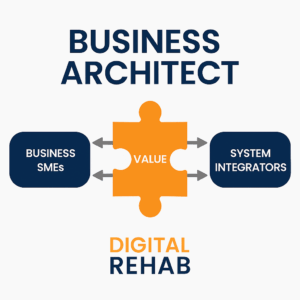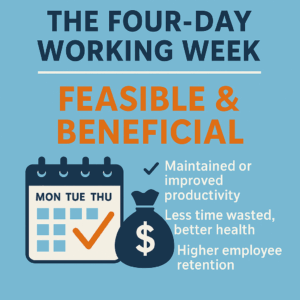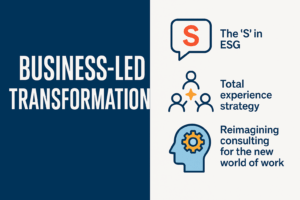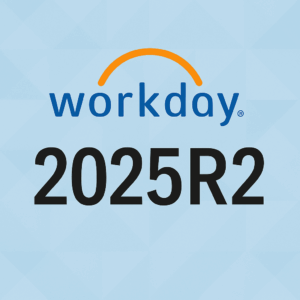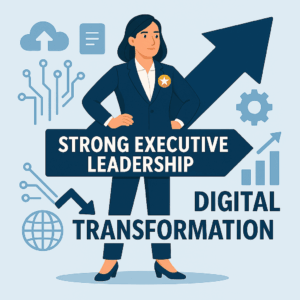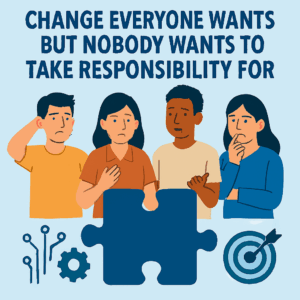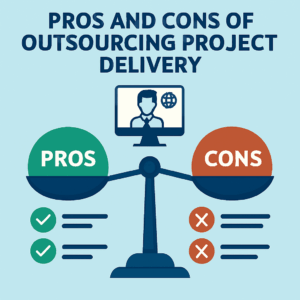Why data – not just technology – is the key to transformation
The big data revolution is reshaping every industry, and healthcare is no exception. Hospitals, governments, and insurers are scrambling to keep pace. But amid the complexity, one thing is clear: patients stand to gain the most from the next wave of data-driven innovation.
Medical Data: The Reality Check
- 65% of global healthcare data remains non-digitised
- 68% of digitised data is siloed and inaccessible across core systems
- 99% of healthcare delivery issues stem from bad, outdated, or missing data
These statistics paint a stark picture. The problem isn’t just technology – it’s the quality, accessibility, and integration of data.
What Needs to Change
Data Collection
Healthcare providers must accelerate the digitisation of paper records. But it’s not just about scanning—it’s about ensuring records are complete, accurate, and usable.
Unified Push from Providers, Government & Insurers
We need consensus on shared healthcare models built on ubiquitous, secure technologies. Systems must be accessible to doctors, nurses, and hospital staff – without compromising patient privacy.
Empowering Patients Through Access
Digital medical systems should prioritise:
- Appointment scheduling
- Pre-registration for clinical trials
- Payment plans and billing
- Lab result sharing
- Prescription renewals
- Secure access to personal medical records
These functions not only reduce administrative costs – they empower patients to take an active role in their care.
Integration Without Strategy Is Futile
Connecting redundant systems without a holistic strategy is a wasted effort.
The emerging mantra?
Data first. Technology second.
Only by prioritising clean, integrated, and accessible data can we unlock the full potential of digital healthcare.

